The Limits of Wisdom
“Where then does wisdom come from? And where is the place of understanding? It is hidden from the eyes of all living, and concealed from the birds of the air.”
Job continues (28:20-28):
Abaddon and Death say,
‘We have heard a rumor of it with our ears.’
“God understands the way to it,
and he knows its place.
For he looks to the ends of the earth,
and sees everything under the heavens.
When he gave to the wind its weight,
and apportioned out the waters by measure;
when he made a decree for the rain,
and a way for the thunderbolt;
then he saw it and declared it;
he established it, and searched it out.
And he said to humankind,
‘Truly, the fear of the Lord, that is wisdom;
and to depart from evil is understanding.’”
—
Making decisions can be difficult, at least making decisions of great importance can be difficult.
If you've ever been in a position of leadership then you know this to be true as well. Making a choice that will affect other people can be intimidating.
We do our best to seek out good advice, to weigh our options, but sometimes the unexpected happens. Our longing for wisdom is often more like longing to know the future.
We want to know which path or which choice will produce the right outcome and which will help us to avoid disaster.
But the truth of the matter is this: even smart choices can lead to bad outcomes when some variables are out of our control.
This is what Job wrestles with—he did all the right things. He made wise choices. But he still suffered from circumstances beyond his control.
There are three different books of the Bible that fall under the genre of Wisdom literature: Proverbs, Ecclesiastes, and Job.
Proverbs is the most popular of these three as it offers very practical advice about making wise choices in a variety of areas of our lives, everything from money management to friendship drama.
Proverbs operates from the understanding that you reap what you sow. If you do good, good things will come to you.
“This is the wisdom of Job: finding the limits of our own control and doing the best we can within those limits, and addressing the rest with prayer.”
Job, on the other hand, reminds us that life isn’t quite as formulaic as we might have it be, because the reality is, a lot happens between sowing and reaping, and much of it is beyond our control.
Job himself has no idea that God and the accuser have had this conversation that results in Job’s peril.
Job has done everything right, but there is so much beyond Job’s control. In the passage above, Job is grappling with this concept.
In our finite understanding, we cannot know why bad things happen to good people. Life is not always as simple as doing the right thing and receiving our reward.
Part of coming to terms with all that is beyond our control and our own ability to foresee all of life’s countless variables.
This is the wisdom of Job: finding the limits of our own control and doing the best we can within those limits, and addressing the rest with prayer.
I don’t say that lightly.
Prayer can be angry.
Prayer can be questioning.
Prayer can be lament.
Job’s prayers were all of these things. Beyond what we can control, prayer is the only weapon we’ve got. (Well, prayer and perhaps also a good therapist.)
Job’s prayers might seem audacious on their face, but truly we are encouraged to bring our whole true selves to God in prayer, which means even the dark corners of our hearts we like to keep hidden.
As you seek out wisdom today, my encouragement is this: do not try to predict the future.
Seek instead wisdom for the parts of life that you can control, and give the rest (good, bad, or ugly) to God in prayer.
Rev. Kelsey Lewis Vincent
Pastor for Youth & Families

